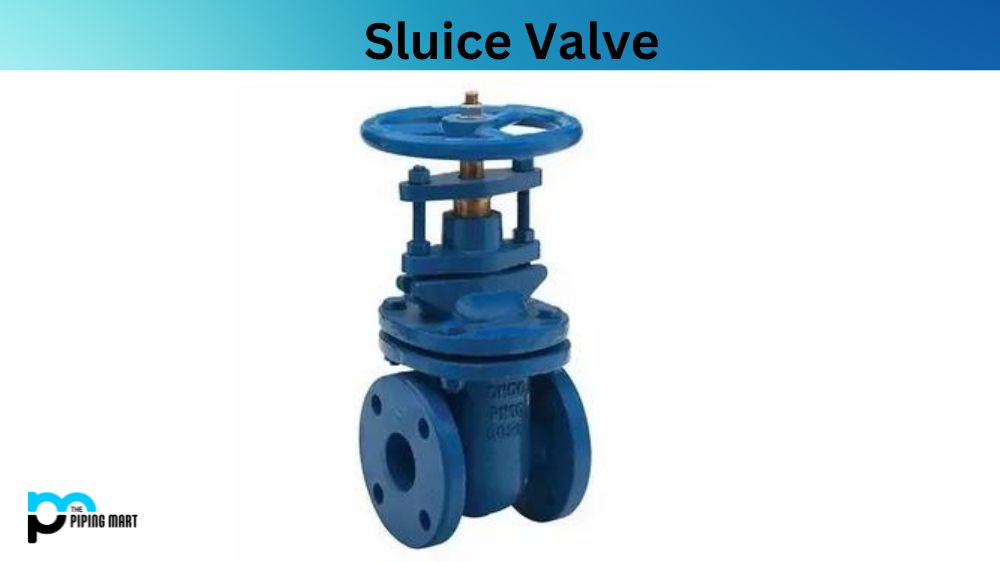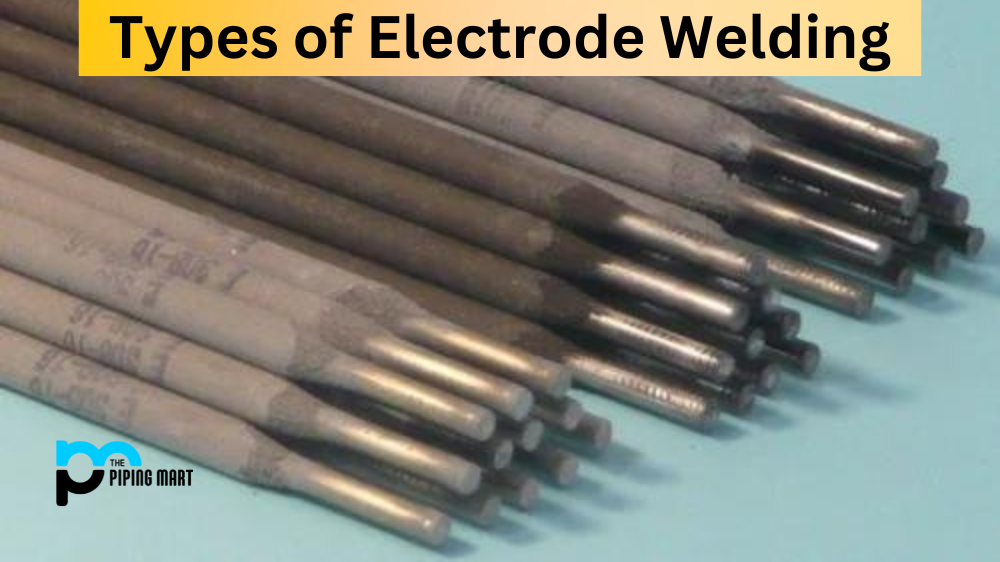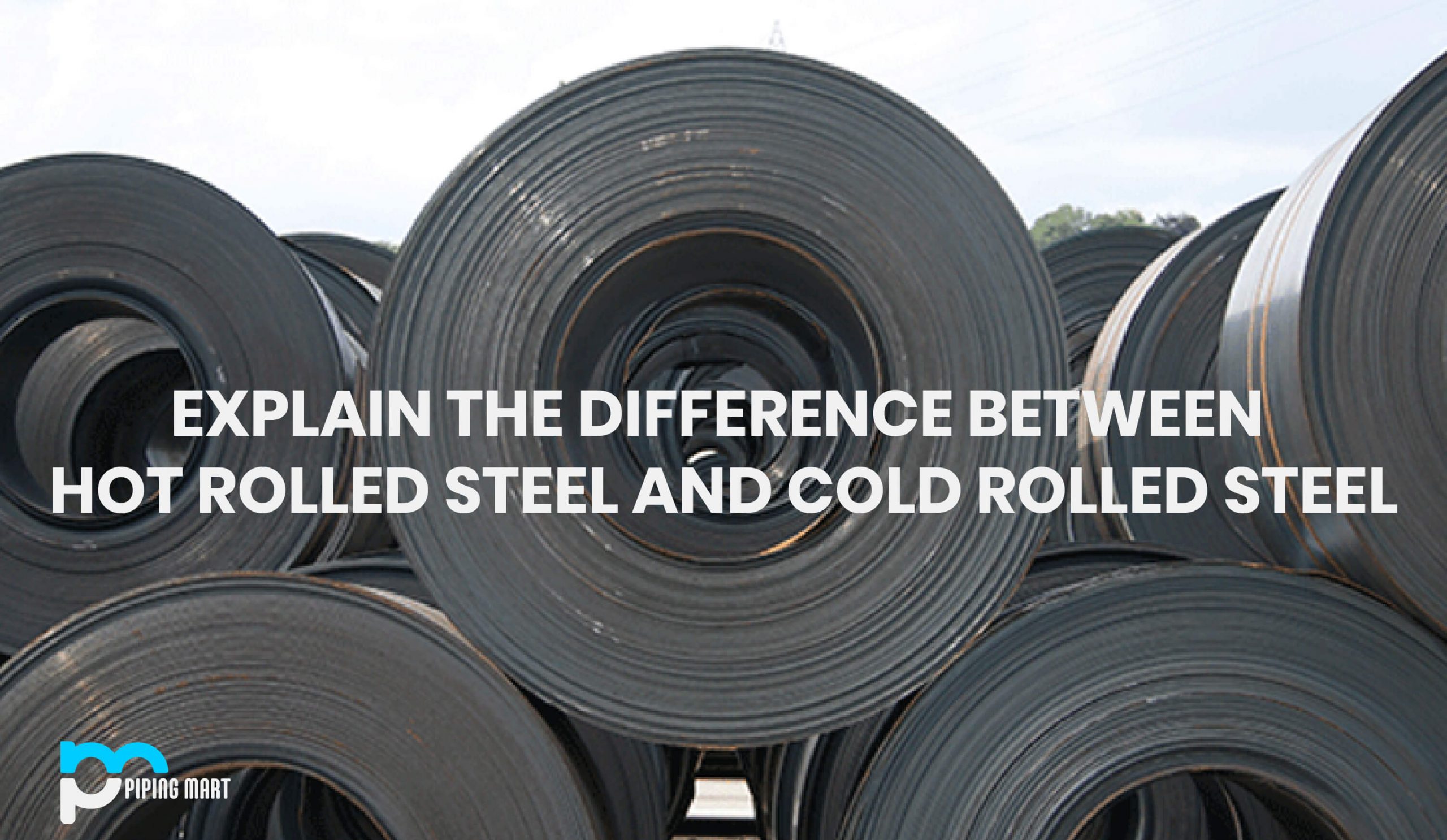Valves are an integral part of many modern machines and systems. They help control the flow of fluid and gas in pipelines. One of the most commonly used valves is the sluice valve. A sluice valve, also called a gate valve, is used to completely shut off the fluid flow in a pipeline. It has a disc made of resilient, wedge-shaped material that can be raised or lowered to control the flow. This blog post will discuss the properties, uses, applications, and how to use a sluice valve effectively.
What is Sluice Valve?
A Sluice Valve is a flow-control device used to regulate the rate of liquid or gas flow through a pipeline. It consists of an adjustable gate installed in a channel, which can be opened or closed depending on the desired flow rate. Sluice valves are commonly found in water distribution systems, oil refineries, and manufacturing plants.
Properties of Sluice Valve:
Sluice valves come in different sizes, shapes, and materials to suit different applications. The valve body is typically cast iron, ductile, or stainless steel. The disc of the valve is made of brass or stainless steel. The operating mechanism controls the movement of the disc. Sluice valves are designed to handle high pressures and temperatures up to a maximum of 300°C.
Uses of Sluice Valve:
Sluice valves are used in various applications in oil and gas pipelines, water treatment plants, power plants, and other industries where controlling the flow of fluid is required. They are suitable for environments with a tight seal, such as steam applications. Sluice valves are also used in fire protection systems to control water flow in case of a fire.
Applications of Sluice Valve:
Sluice valves are used in various applications, such as pipelines, water treatment plants, and process industries. In the oil and gas industry, sluice valves control crude oil, natural gas, and refined products. In water treatment plants, sluice valves are used to control water flow in different treatment stages, such as filtration, settling, and disinfection. In process industries like chemical and polymer manufacturing, sluice valves control the flow of the liquids through different machines.
How to Use Sluice Valve Effectively:
Sluice valves are easy to handle but require care and attention to operate effectively. First, it’s essential to understand the valve’s location to avoid accidents. Second, properly handling the valve is necessary to ensure it remains in a working condition. Finally, regular maintenance is essential to ensure that the valve operates effectively.
Conclusion:
In conclusion, sluice valves are essential in various industries for controlling the flow of liquids and gases. The properties of a sluice valve are designed to handle pressure and temperature variations. Sluice valve applications range from oil and gas pipelines to water treatment plants and process industries. Proper handling, care and regular valve maintenance are required to extend their working lives. We hope this article has provided useful insights into the properties, uses, applications, and how to use a sluice valve effectively.




